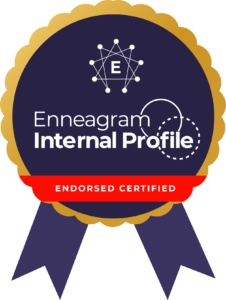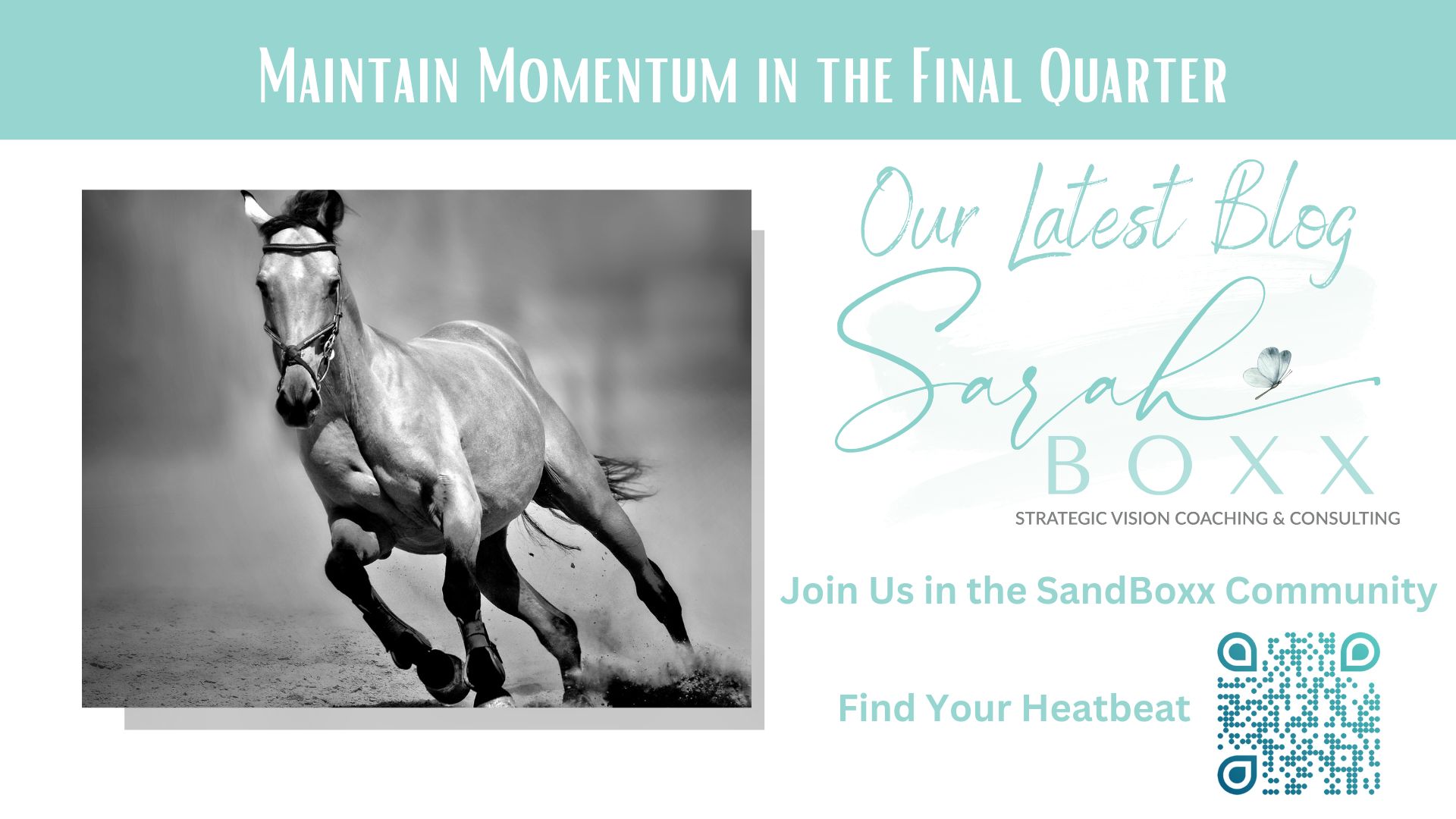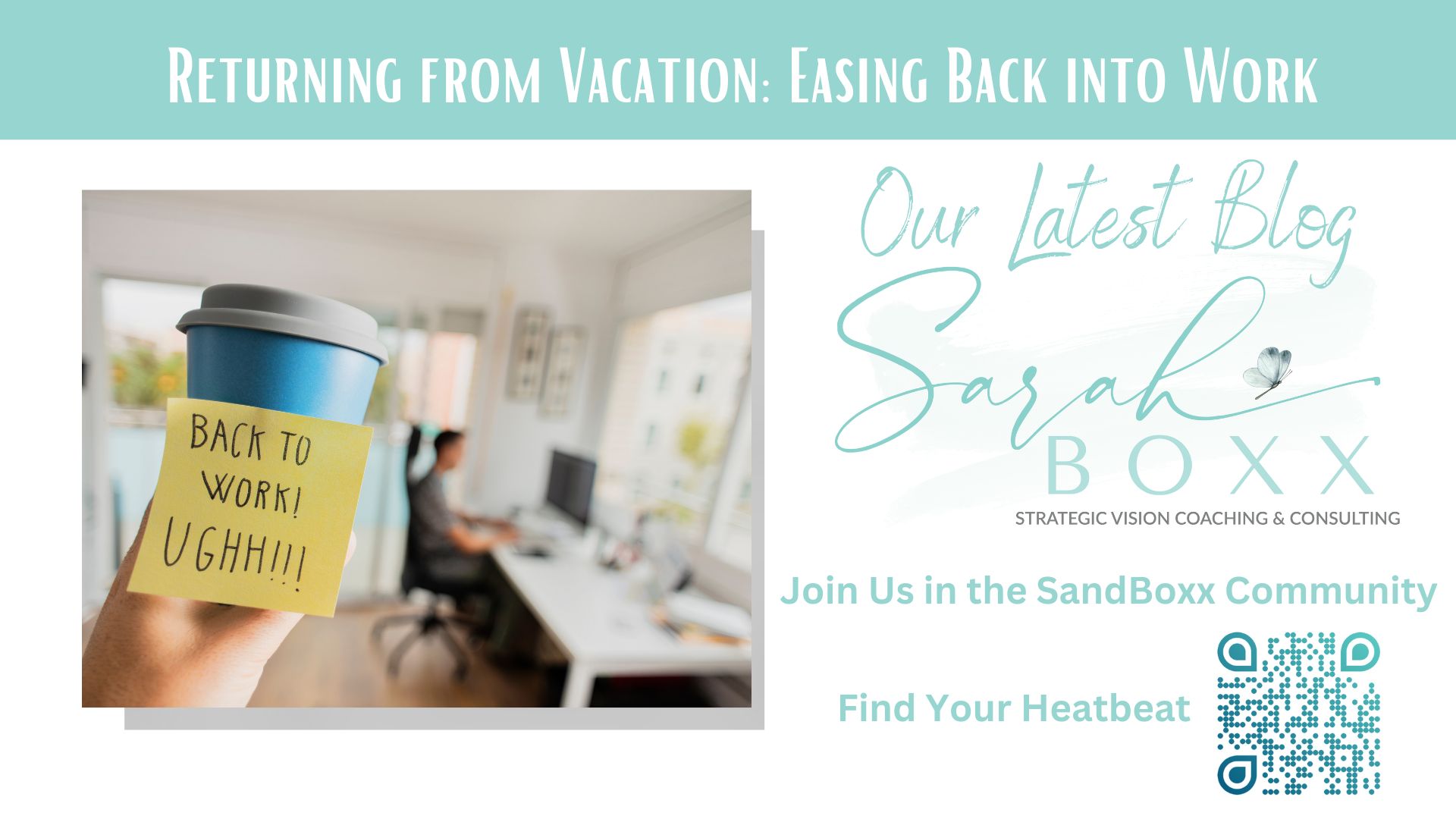Have you ever sat through or facilitated a meeting that felt like a waste of time? You know the ones…long, inefficient, perhaps seemingly pointless? The kind of meetings where every person involved shares the same glazed over expression.
Let me go ahead answer for you:
Of course you have. Everyone has at one point or another. In fact, there’s a good chance you’ve found yourself in one of these meetings in the last few months.
In the unusual times that we are currently living and operating in, many are finding themselves taking more meetings than ever before. These meetings are an effort to consistently adapt to the ever-changing circumstances or to stay connected with teammates despite remote working conditions.
Before you know it, your days can easily become filled with Zoom meetings.
While it’s good and essential to take time to meet, plan, and connect with your team members, it’s also important to recognize that time has never been more valuable and inefficient meetings are a waste of everyone’s time.
So…the real questions are:
How do you make sure your meetings are efficient?
How do you get rid of time-wasting meetings?
Here are a few tips to get you started:
- Use Other Forms of Communication
That’s right…not every update or memo requires a meeting. Before planning a meeting, ask yourself, “Is a meeting really necessary?” If it is, proceed with planning your meeting. If not, consider using another form of communication to share your information. Oftentimes, sending an email or making a quick phone call can be a more efficient way to convey your information. - Have A Meeting Agenda
This might sound obvious, but you’d be surprised how many people don’t utilize this simple tool. Creating a meeting agenda will help you stay on track during your meeting and will cut down on the amount of time spent on tangents or side conversations that aren’t critical to your meeting goals.
When creating your agenda, write it down. Yes, I’m talking to all of you “mental listers.” It’s not enough to have an agenda in your head. A written agenda is less likely to be forgotten or ignored during the actual meeting.
- Identify Desired Outcomes
For each item on your agenda, define the outcome you’d hope to see in addressing that point. What progress do you hope to make during the meeting? After? Taking time to define your desired outcomes helps to ensure that each part of your meeting is purposeful, intentional, and focused.
- Prepare Your Team Ahead of Time
Give your meeting participants the opportunity to come prepared to meaningfully contribute to the meeting. This can be especially helpful for the internal processors among us. This pre-meeting preparation will cut down on processing time during the meeting and will ultimately lead to a more fruitful work time.
Preparing your team doesn’t have to be complex. It could be as simple as providing them with a copy of the agenda before the meeting or giving them some reflection questions to consider and arrive prepared to discuss.
Taking the time to evaluate your meeting practices is a great way to ensure a better use of organizational time and resources. It also goes a long way to show your team members that you respect them as professionals and you value their time enough to make each meeting worth their while.
In the comment box below, I’d love to hear about your best meeting experiences! What strategies or practices have you found helpful? What were you able to accomplish during particularly efficient meetings?
Article was contributed by: Maria Lees, Team Writer with Sarah Boxx





